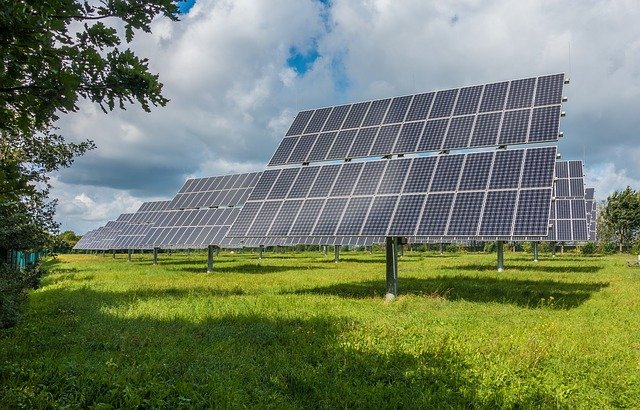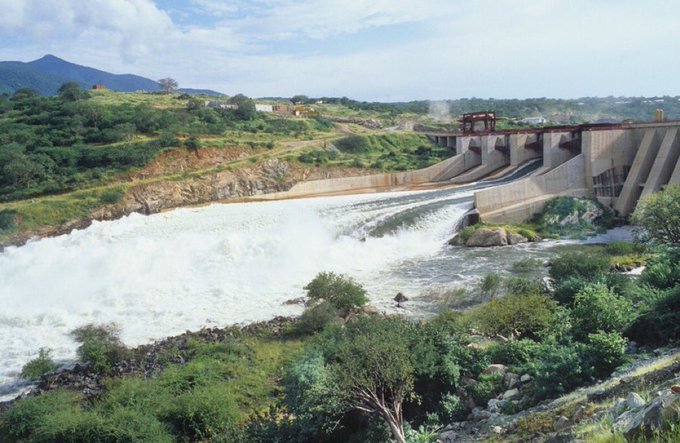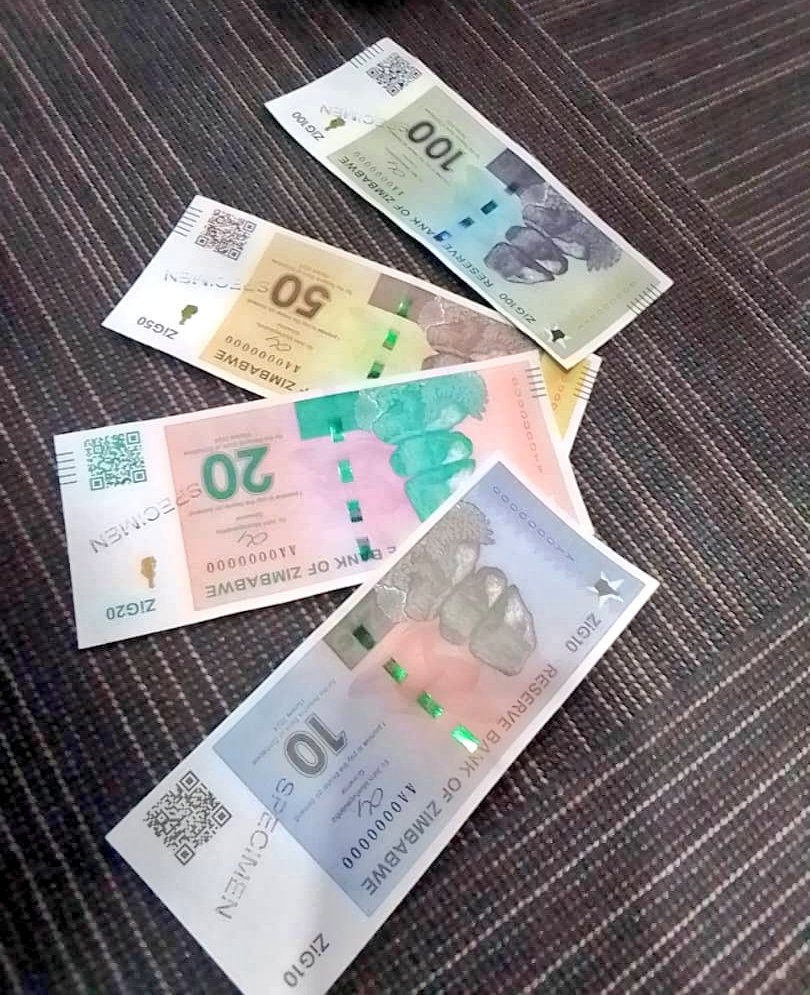Many areas across the globe are turning towards producing energy through renewable resources such as solar energy. Zimbabwe is one such country that is shifting more towards energy sources that do not have such a negative impact upon the environment around us. Some nations, such as Zimbabwe, have no other choice if they want steady power supplies to their homes and businesses.
Over the past couple of years, the nation has been in the midst of an energy crisis. Families have had to deal with their main sources of energy being turned off for up to 19 hours a day because the suppliers simply cannot produce enough power to supply the entire nation. It has put a huge strain upon everyone, making them lean towards producing their own power and heat.
Solar panels are one of the easiest ways to produce power in amounts enough to sustain a house. The families that have the ability to do so have been installing their own small versions that are designed for single home use. The ones that cannot afford the panels are having to turn to wood heat to keep their homes livable, but they are having to deal with not having power for the majority of their days.
It may seem like a dilemma that could be easily solved, but most of the nation relies on water-based power plants to produce their energy supplies. Since Zimbabwe is also in the middle of a drought this makes it nearly impossible for the energy producers to convert water to power. The lower the water supply goes, the less power that they pump out to the people needing it.
Another option that may come to mind is why don’t they import energy from a neighbor. This has been thought of by the power plants, but they simply do not have the funds available to pay for the excessive costs that are associated with this type of move. If they did import power the costs handed to the masses would be dramatically increased, making it out of the range for most people to be able to pay for the services.
One big move that can be done is to search around for an energy supplier that has converted over to producing power through solar energy. During the few hours that they have power at the moment the consumers need to go online and use a comparison site, such as iSelect electricity in QLD, and find a provider that can offer better service that is more consistent. It may be a challenging task, but it is worth trying, even if it only offers a few more hours of power for now.
The one good thing that can be taken from this crisis is that the big power suppliers have realized how important it is that they do not all rely on one source to make power. Water is a great renewable resource, but it should be supplemented with solar energy.
Therefore, Zimbabwe is shifting towards solar power production to supply the nation with power. This solution will help the nation return to the luxuries of using power throughout their daily life, but it will not happen overnight. It is a process that will take some time, some money, and a lot of help.
To make things easier for the switch over the government has removed the fees that used to be attached to solar panels that were being shipped into the country. They are encouraging all new building that are going up to have solar panels attached to them. And to have those solar panels hooked into the local energy supplies. In this way people will be able to produce their own energy, and they may even produce enough to help some of their neighbors.














